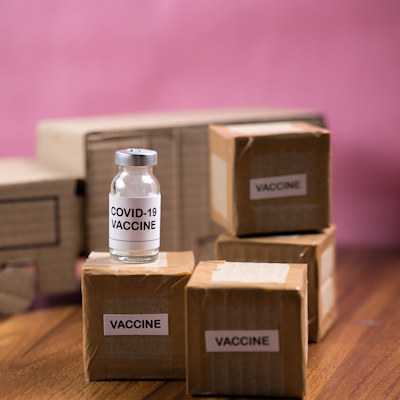 COVID-19 vaccine development: Public funding yielded private profits
COVID-19 vaccine development: Public funding yielded private profits
Decades before the COVID-19 pandemic, the U.S. government invested at least $337 million into critical research that led to mRNA COVID-19 vaccines. The government also paid $31.6 billion during the pandemic for vaccine research, production, and vaccines for all Americans. Read More
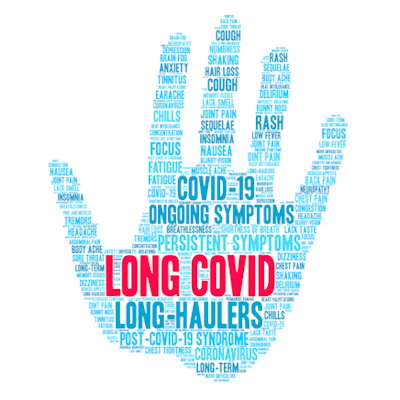 Heart problems more likely among long COVID patients in comprehensive study
Heart problems more likely among long COVID patients in comprehensive study
Individuals with long COVID were found to have more than double the risk of developing new cardiovascular symptoms. The results of a comprehensive study examining cardiovascular complications from long COVID will be presented at the American College of Cardiology Together with the World Congress of Cardiology (ACC.23/WCC) conference. The event, marking the ACC’s 72nd Annual Scientific Session, will take place March 4-6, both online and in New Orleans. Read More
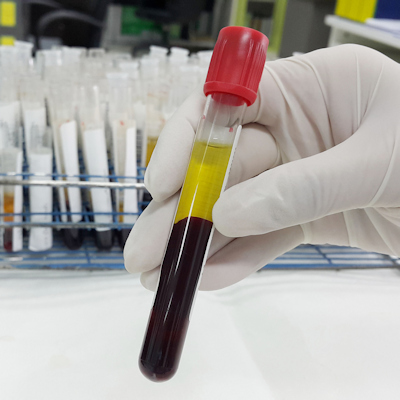 Meta-analysis reveals roadmap for effective use of convalescent plasma in pandemics
Meta-analysis reveals roadmap for effective use of convalescent plasma in pandemics
A meta-analysis has linked the administration of convalescent plasma to a reduced rate of hospitalization for COVID-19, suggesting that the readily accessible treatment could play an important role in a future viral pandemic. Read More
 COVID-19 infection provides natural immunity, at least for a while: Lancet study
COVID-19 infection provides natural immunity, at least for a while: Lancet study
A systematic review and meta-analysis found that individuals previously infected with COVID-19 have an 88% lower risk of hospitalization or death for at least the following 10 months compared with those not previously infected. Read More
 Many long-COVID patients show organ damage one year later
Many long-COVID patients show organ damage one year later
A comprehensive study of organ impairment in long-COVID patients over 12 months shows that organ damage persisted in 59% of patients a year after initial symptoms, even in those not severely affected when first diagnosed with the virus. Read More
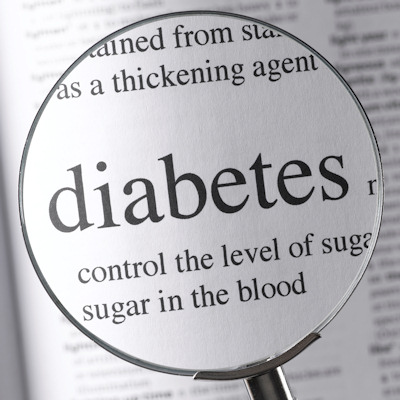 Researchers find that COVID-19 infection increases diabetes risk
Researchers find that COVID-19 infection increases diabetes risk
Cedars-Sinai’s Smidt Heart Institute investigators found that people who have had COVID-19 have an increased risk for new-onset type 2 diabetes, a significant contributor to cardiovascular disease. The findings, published February 14 in JAMA Network Open, also suggest that vaccination prior to infection may help to reduce risk of post-infection diabetes. Read More
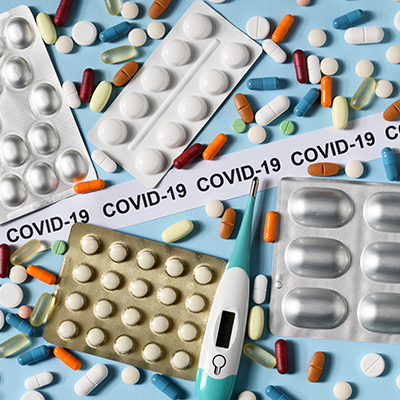 Paxlovid effective against Omicron subvariants in study
Paxlovid effective against Omicron subvariants in study
Colorado researchers investigated the effectiveness of the drug nirmatrelvir-ritonavir, also known as Paxlovid, in non-hospitalized patients during a time period in which Omicron subvariants BA.4 and BA.5 were prevalent. Read More
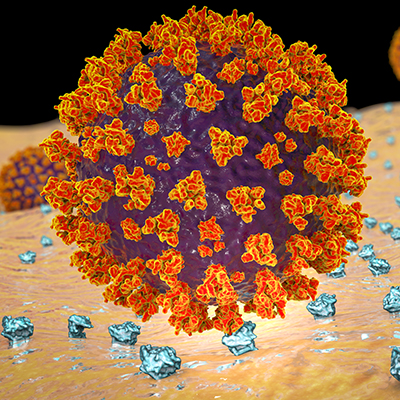 Researchers discover small molecules that render spike proteins harmless
Researchers discover small molecules that render spike proteins harmless
The infamous spike proteins on the surface of SARS-CoV-2 enable it to bind with and enter human cells. Because of their key role in spreading infection, these spike proteins are one of the main targets for COVID-19 vaccines and treatments. Read More
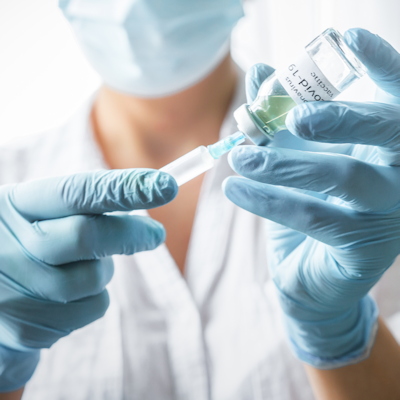 Vaccine effectiveness against Omicron variants may change over time
Vaccine effectiveness against Omicron variants may change over time
Researchers from The Chinese University of Hong Kong and the Harvard T.H. Chan School of Public Health in Boston, Massachusetts collaborated on a case-control study and found that two vaccines were generally effective over time against severe outcomes from SARS-CoV-2 Omicron infection. The research, published February 3 in the journal JAMA Network Open, also showed that protection among older individuals was more likely to wane six months after the second dose. Read More
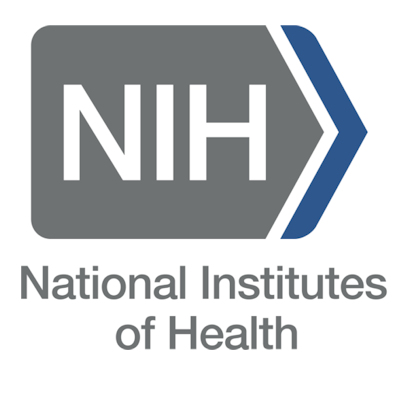 Reviewing the COVID-19 response
Reviewing the COVID-19 response
Members of a policy forum have reviewed the strengths and weaknesses of the National Institute of Health-led research response to the COVID-19 pandemic, and the lessons learned thus far. Read More
Member Rewards
Earn points for contributing to market research. Redeem your points for merchandise, travel, or even to help your favorite charity.
Research Topics
Interact with an engaged, global community of your peers who come together to discuss their work and opportunities.
Connect
Tweets by @ScienceBoard



